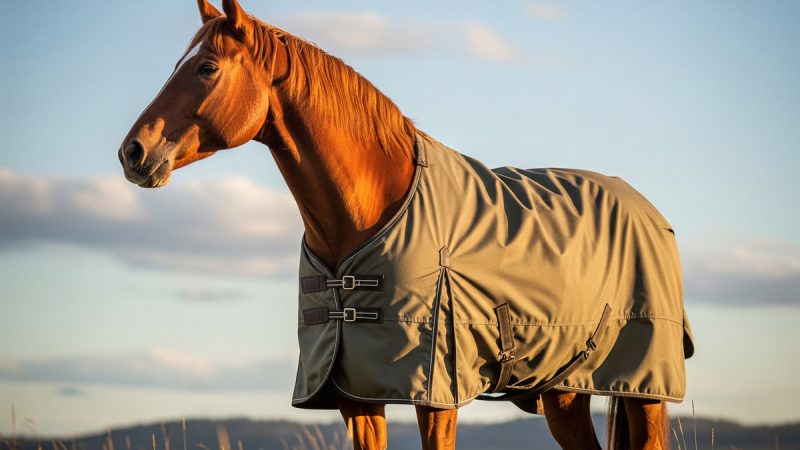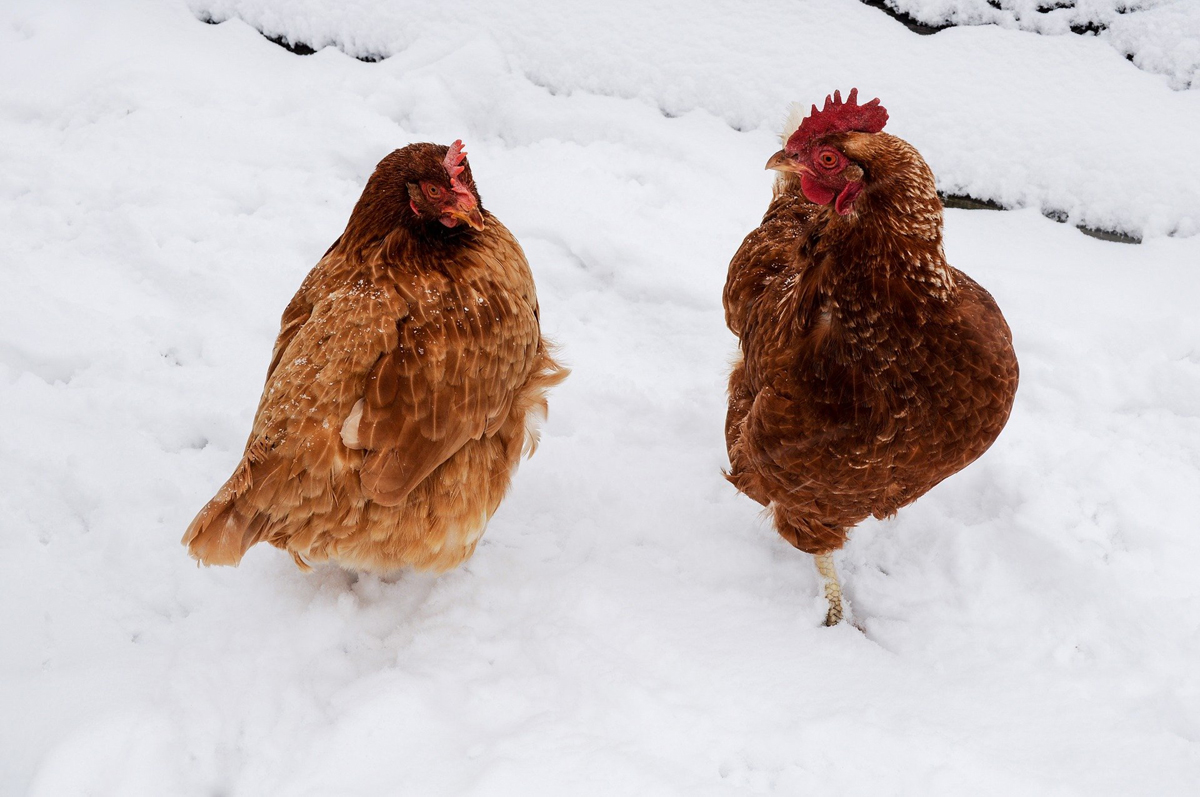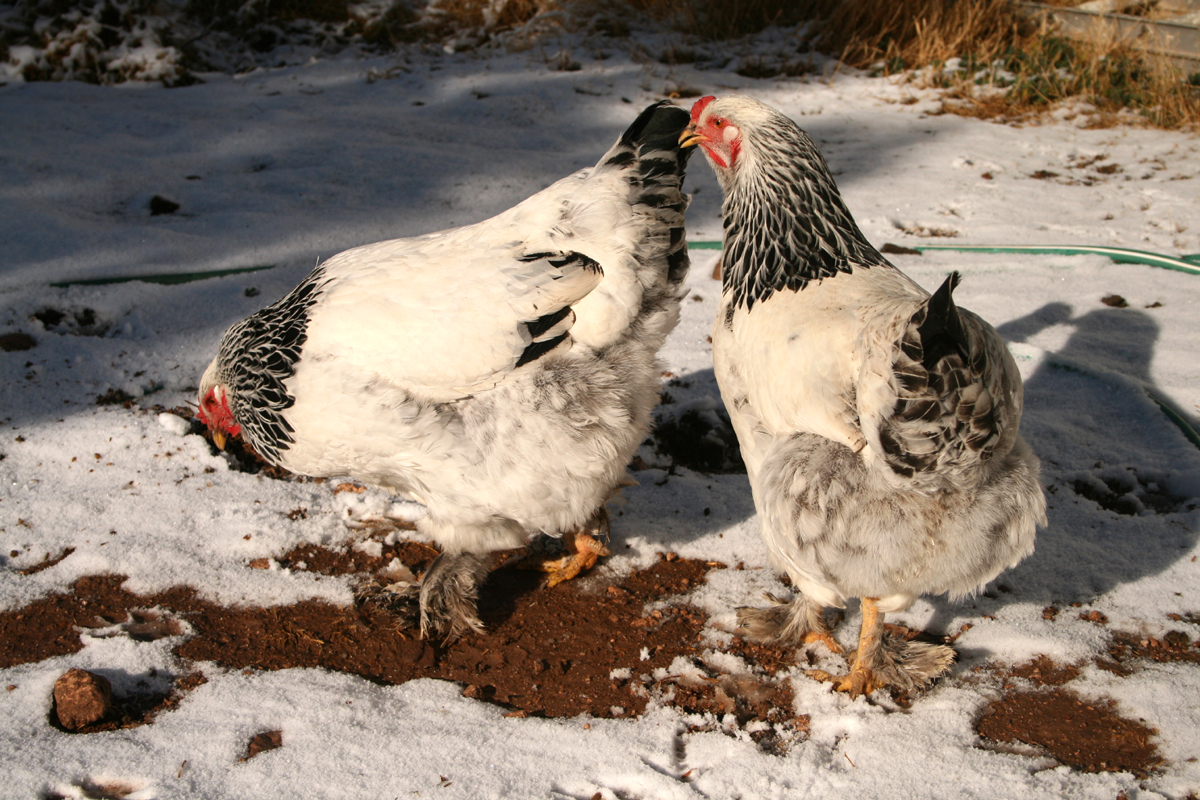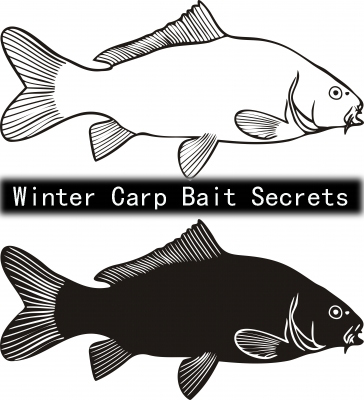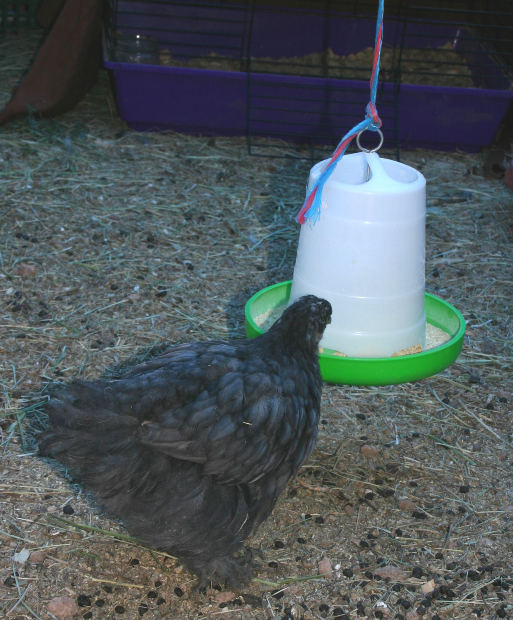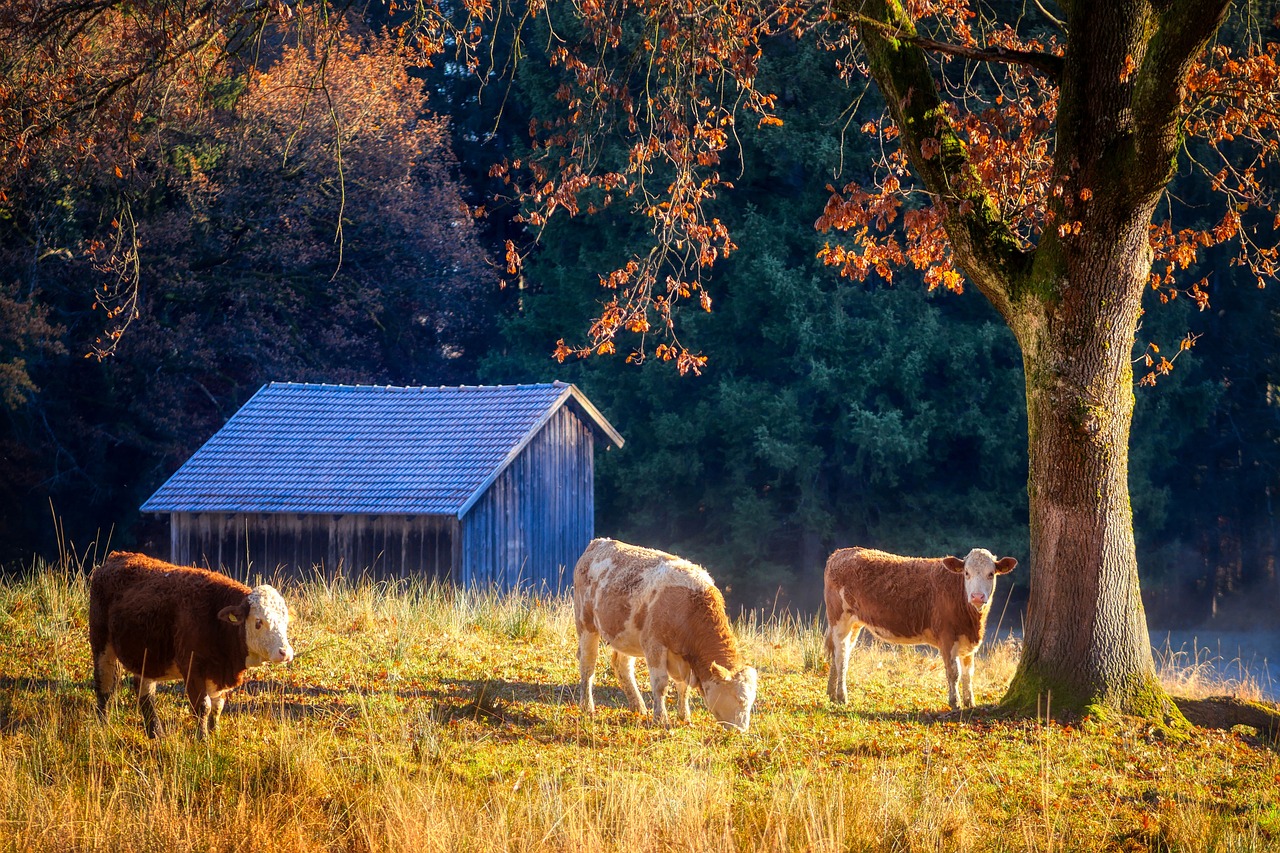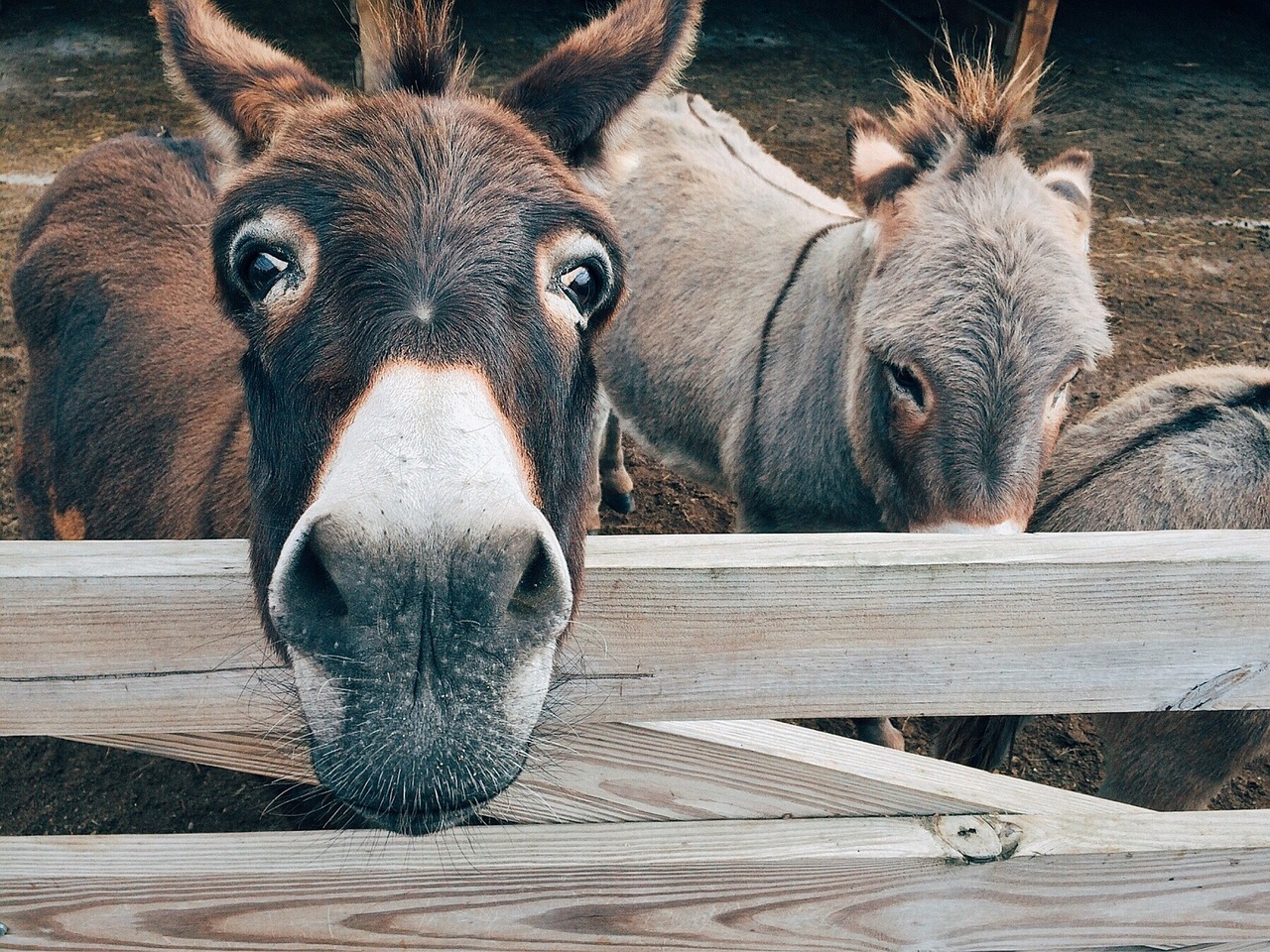Chickens in Cold Weather
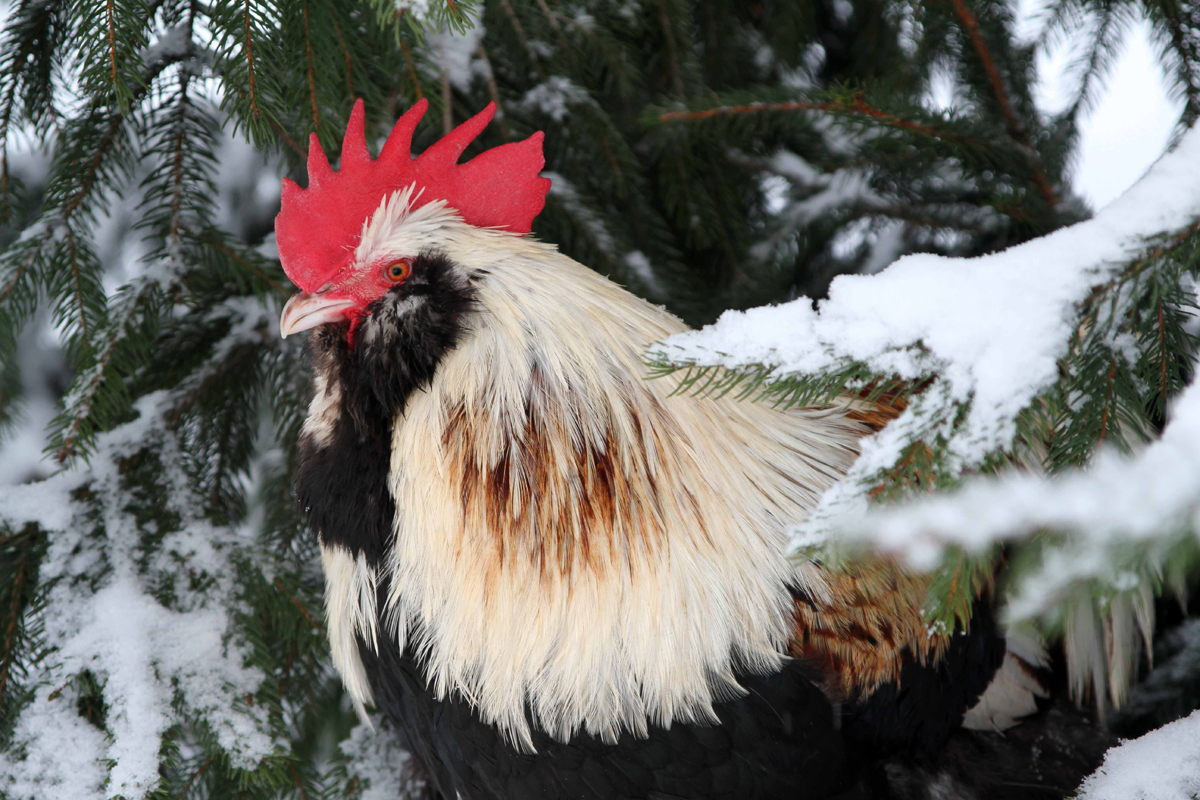
Keeping a small flock of chickens in your backyard means they will need some extra attention to make it through the winter safe, healthy, happy and warm. Where many large-scale farmers don’t go to the extra work to pamper their chicks, small flock farmers need to remember that a handful of chickens produce much less collective body heat than a large flock of 50 or more chickens. (You can tell if your chickens are cold if they fluff their feathers and stand on one foot. They’re trying to stay warm.)

To help your chickens live through the cold weather, here are a few things for you to consider:
Add Light
If you live in extreme climates, adding a brooder lamp is a way to keep your chickens warmer. Besides taking the chill off the coop, your egg production will increase (as chickens like to have about 14 hours of daylight for optimal egg laying conditions).
Add Insulation
Chicken coop insulation can be as easy (and cheap) as sheets of foam or cardboard. I insulated my coop using scraps leftover from other’s cut and carry purchases at a home improvement store. It cost me less than $25 to insulate my entire coop this way. If using insulation, remember to cover it up. Chickens love to peck at anything. Insulation isn’t good for them to eat. But, it does help keep them warm.
Patch up Holes
If your coop is drafty or has lots of open spaces, consider covering them up for the winter. Just don’t cut off all their ventilation because they still need some fresh air.
P.U.P.
Yes, this is an acronym for doggie poop patrol, but it works for chickens too. Pick Up Poop. Don’t neglect cleaning the coop out in the winter. Chickens tend to stay indoors more when it’s cold, and if you close up the coop more than it is in the summer, all that smell can start to bother your chicken’s lungs. Sanitary chicken environment is a must.
Keep Water Unfrozen
If freezing water is a problem where you live, consider getting a heater for the water. They actually make heaters for chicken water containers. Tuck it inside your water container and it will keep your chicken’s water from freezing. You can do something similar with a heated dog water dish.
Add Plastic
Chickens don’t like to be wet or hang out in the wind. Adding plastic (or a tarp or a shower curtain, etc.) to the outside of the chicken run will cut down on those things significantly. I used a roll of 7 ml clear plastic and stapled it up on 2 of the 3 walls of the chicken run (almost all our winter wind comes from the northeast so that’s the area I blocked). They still have one wall uncovered so they can see out and get fresh air.
Add Entertainment
Chickens need exercise. In the winter they’ll be less likely to be roaming around, so give them incentive to exercise. Throw cracked corn or other grains into the chicken run and let them scratch around for it. Put their food and water containers at opposite ends of the coop so they have to walk from one place to the other.
Giving your chickens something to do will also cut down on them picking on each other out of boredom or grumpiness from being cooped up. Get a whole cabbage and drill a hole through it, run a rope through it and hang it just out of the chicken’s reach. They will jump up at it, tearing bits off and eating it. Not only is it nice to have fresh vegetables to feed them, they’ll get their exercise as well.
Add Extra Bedding
In the winter months, add extra bedding to the coop and nest boxes. If you live in a cold region, add extra straw. If you live in a warmer region, add extra wood shavings.
Paying attention to some of these details will help ensure your chickens survive the cold weather. As in most things with these easygoing birds, it doesn’t take too much work to keep them healthy and happy. They will appreciate the extra pampering, and may even reward you with some eggs. Even in the cold winter!
The Author:
Kerrie Hubbard lives in Portland, Oregon with 10 chickens, 1 cat and several small raised bed gardens.
Photo. Melani Marfeld, Krustovin August


